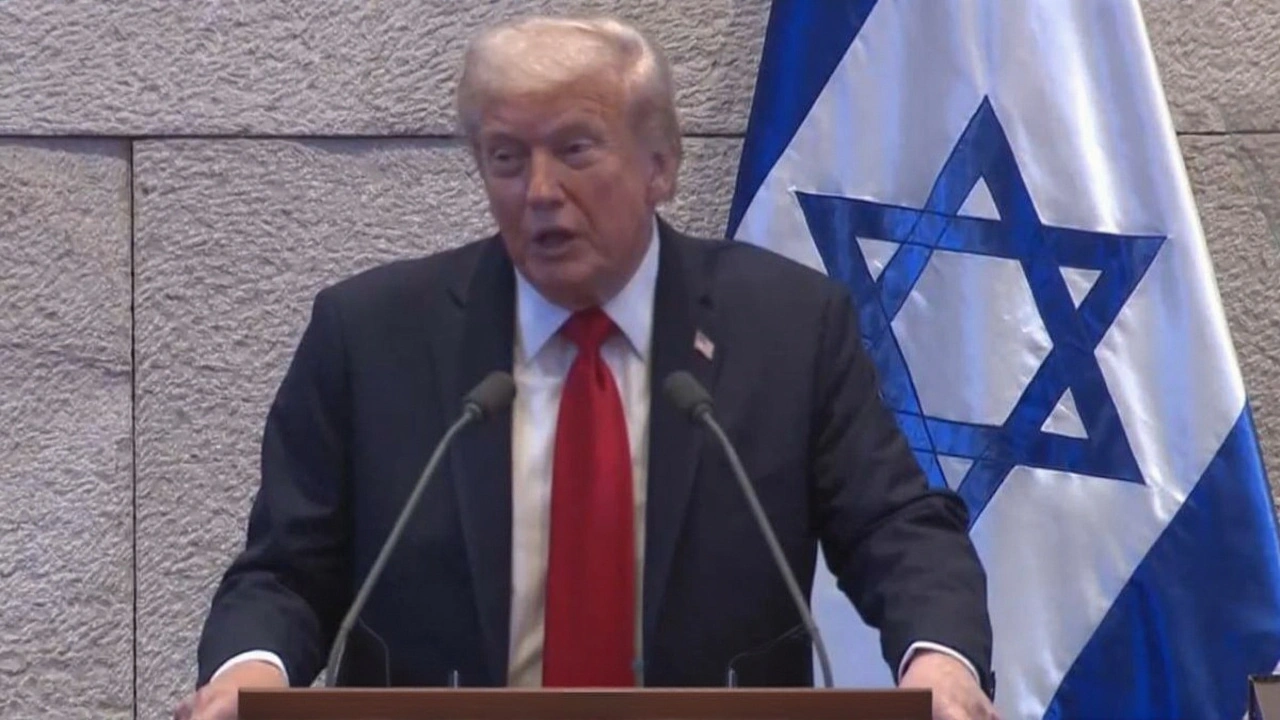Hostage Release
When discussing hostage release, the act of freeing individuals held against their will, often after a tense standoff. Also known as captive liberation, it is a critical moment that blends security protocols, negotiation skill, and rapid response. A kidnapping, the illegal abduction of a person for ransom, leverage, or political aims frequently precedes a hostage release, setting the stage for high‑stakes dialogue. Effective crisis negotiation, structured communication aimed at resolving a hostage situation peacefully often determines whether a release ends without casualties. Meanwhile, law enforcement, agencies tasked with public safety and crime prevention coordinate tactical units, intelligence, and legal authority to manage the incident. Together, these elements shape the outcome of every hostage release scenario.
Recent headlines illustrate how these pieces fit together. In Atlanta, police tracked down the last escapee from a jail break, turning a potential hostage crisis into a swift arrest. In Vienna, Kenyan officials warned about synthetic drug surges, a theme that often overlaps with kidnapping rings that fund their operations through drug money. Across Europe, activists on a Gaza aid flotilla faced detainment, highlighting how political motives can turn ordinary protests into hostage‑like standoffs. Each story underscores a core truth: hostage release is not an isolated event but a nexus of criminal activity, negotiation tactics, and official response.
Key Factors That Influence a Hostage Release
Understanding a hostage release means looking at three main drivers. First, the nature of the kidnapping itself—whether it’s financially motivated, politically driven, or a personal vendetta—sets the stakes and the demands of the captors. Second, the skill set of the crisis negotiator plays a pivotal role; negotiators use rapport building, active listening, and strategic concessions to de‑escalate tension. Third, the readiness of law enforcement and their emergency response units determines how quickly a safe exit can be orchestrated. When these three align—clear motives, skilled dialogue, and rapid tactical support—a hostage release often ends with minimal harm.
Our collection below pulls together recent reports that showcase these dynamics in action. From sports teams dealing with security breaches to political groups confronting government forces, each article offers a snapshot of how hostage release scenarios unfold across different contexts. Dive in to see real‑world examples of negotiation strategies, law‑enforcement coordination, and the aftermath of successful releases.
Ready to explore the stories? Below you’ll find a curated list of the most recent news pieces that illustrate the complexity and urgency of hostage releases worldwide.

Trump Declares 'War Is Over' in Knesset After Final Gaza Hostages Freed
- by Masivuye Mzimkhulu
- on 13 Oct 2025
Trump declares the war over in a Knesset speech on Oct 13, 2025, after the final Gaza hostages are freed. The US‑brokered ceasefire reshapes Israel‑Hamas dynamics and regional politics.